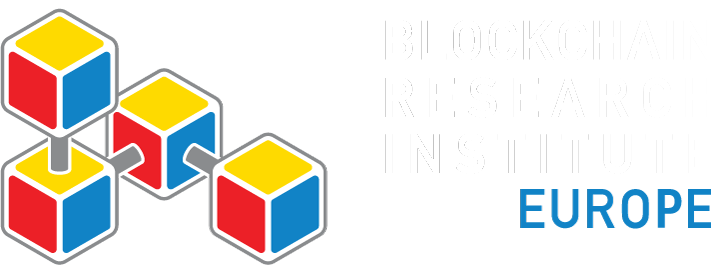CMO
HORIZONTAL 3
Marketing & Sales
Just as the blockchain provides a way to obtain information about potential contractors and partners, it will be able to tell managers about people or businesses they propose to do business with. Individuals will control access to their own data in virtual block boxes. Since companies will no longer be able to profile customers by tracking and capturing their behavior online, the blockchain will allow them to engage with individuals on a peer-to-peer basis. This may seem like a lot of effort but it could actually be a huge opportunity. Some consumers may offer businesses access to their data in exchange for freebies; others will charge fees to license their data. Either way, companies will be able to reach their target audience with greater precision.
What’s more, sellers won’t have to worry about who the customers are and whether they are able to pay. With the new platform, sellers don’t have to incur the costs of establishing trust, thus facilitating transactions that were either risky or might not have been possible otherwise. Furthermore, blockchains eliminate the cost of warehousing data and protecting other people’s data from security breaches. It should also be easier to target customers who make their interests known.
However, there has been virtually no exploration of the impact of blockchain on sales and marketing. In Blockchain Revolution we discuss how enterprises create platforms when they open up their products and technology infrastructures to outside individuals or communities that can cocreate value or new businesses. One type is prosumers, customers who produce. In a dynamic world of customer innovation, a new generation of producer-consumers considers the “right to hack” its birthright. Blockchain technology supercharges prosumption. Nike running shoes could generate and store data on a distributed ledger that, in turn,
Just as the blockchain provides a way to obtain information about potential contractors and partners, it will be able to tell managers about people or businesses they propose to do business with. Individuals will control access to their own data in virtual block boxes. Since companies will no longer be able to profile customers by tracking and capturing their behavior online, the blockchain will allow them to engage with individuals on a peer-to-peer basis. This may seem like a lot of effort but it could actually be a huge opportunity. Some consumers may offer businesses access to their data in exchange for freebies; others will charge fees to license their data. Either way, companies will be able to reach their target audience with greater precision.
What’s more, sellers won’t have to worry about who the customers are and whether they are able to pay. With the new platform, sellers don’t have to incur the costs of establishing trust, thus facilitating transactions that were either risky or might not have been possible otherwise. Furthermore, blockchains eliminate the cost of warehousing data and protecting other people’s data from security breaches. It should also be easier to target customers who make their interests known.
However, there has been virtually no exploration of the impact of blockchain on sales and marketing. In Blockchain Revolution we discuss how enterprises create platforms when they open up their products and technology infrastructures to outside individuals or communities that can cocreate value or new businesses. One type is prosumers, customers who produce. In a dynamic world of customer innovation, a new generation of producer-consumers considers the “right to hack” its birthright. Blockchain technology supercharges prosumption. Nike running shoes could generate and store data on a distributed ledger that, in turn, Nike and the shoe wearer could monetize as agreed in their smart contract. Nike could offer a tiny piece of its shares with every pair it sells, if the customer agrees to activate the smarts in the shoes, or even synch her shoes to other wearables, such as a heart monitor or glucose level calculator or other valuable data for Nike.
Some platforms differ from prosumer communities where a company decides to co-create products with its customers. With open platforms, a company offers partners a broader venue for staging new businesses or simply adding value to the platform. However this is just scratching the surface. How does blockchain change the four p’s of marketing (product, place, price and promotion)? How do blockchain tools like prediction markets change market research? What are the implications for the brand? In a world where individuals have greater privacy and control over their data, how do brands build trust with customers to gain critical insights? And how do they build prosumer relationships practically, as a function of the business and a component of their overall strategy?
